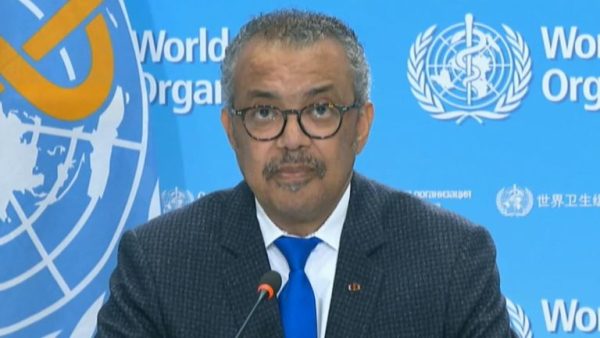The World Health Organisation (WHO) has commended Nigeria, China, Egypt, Russia, Brazil, and Denmark for reducing deaths from Non-communicable Diseases (NCDs), particularly cardiovascular disease and certain cancers.
In its report “Saving Lives, Spending Less” released Thursday, WHO noted that while 82% of countries reduced NCD-related deaths between 2010 and 2019, progress has slowed globally, with some nations recording setbacks.
NCDs and mental health conditions remain the leading causes of death worldwide, with nearly 75% of related deaths occurring in low- and middle-income countries, costing 32 million lives annually. WHO stressed that an additional $3 investment per person each year in cost-effective interventions could save 12 million lives, prevent 28 million heart attacks and strokes, and generate over $1 trillion in economic benefits by 2030.
The UN agency urged governments to scale up proven measures such as tobacco and alcohol taxation, cervical cancer screening, and hypertension management, while resisting pressure from industries that profit from harmful products.
World leaders will meet in New York on September 25 for the Fourth UN General Assembly High-Level Meeting (HLM4) on NCDs and mental health, where a new Political Declaration is expected to accelerate global action.


